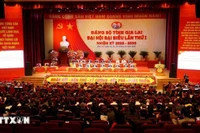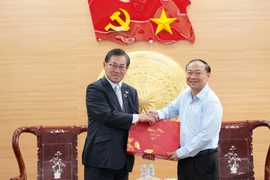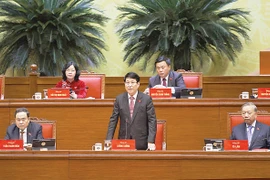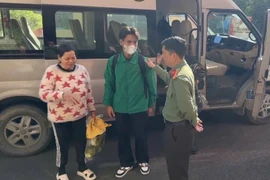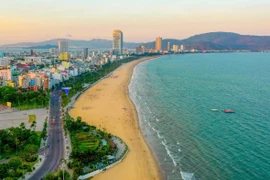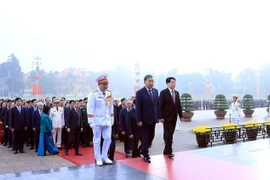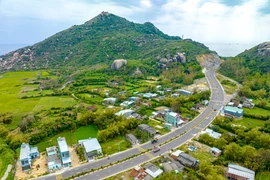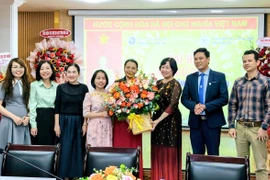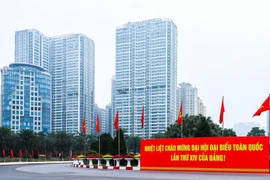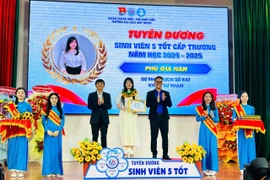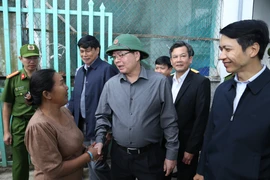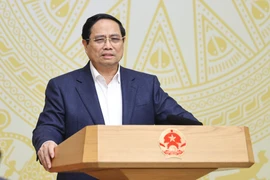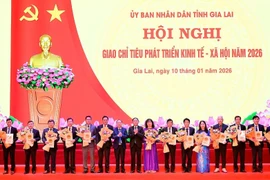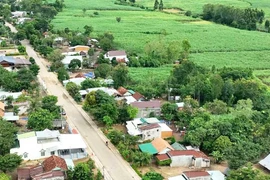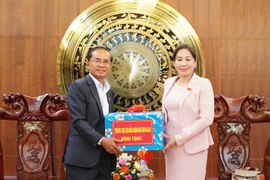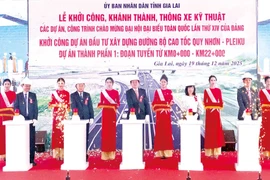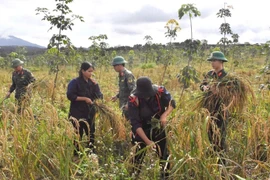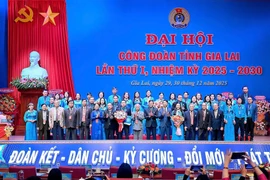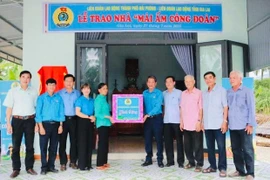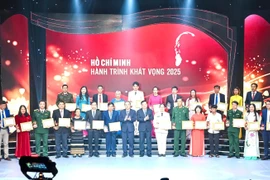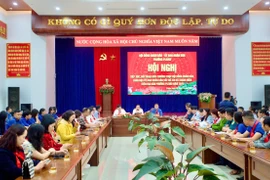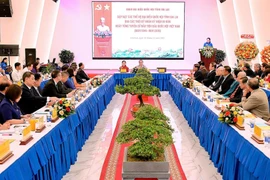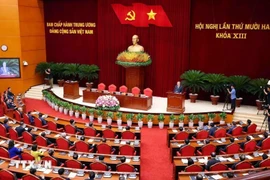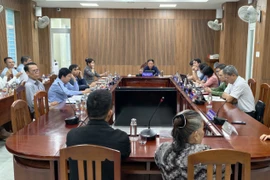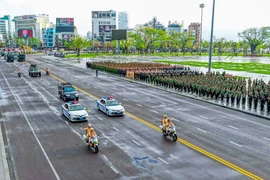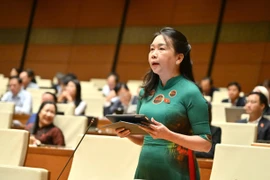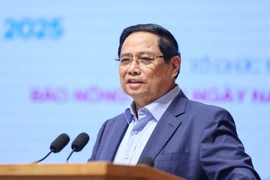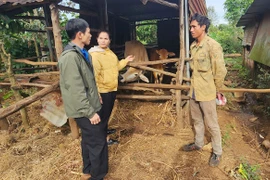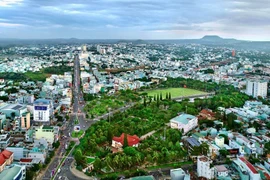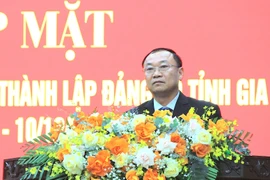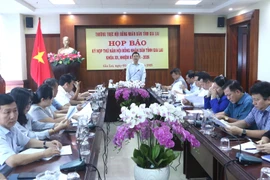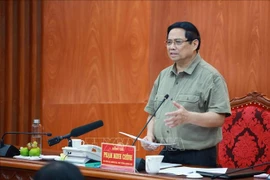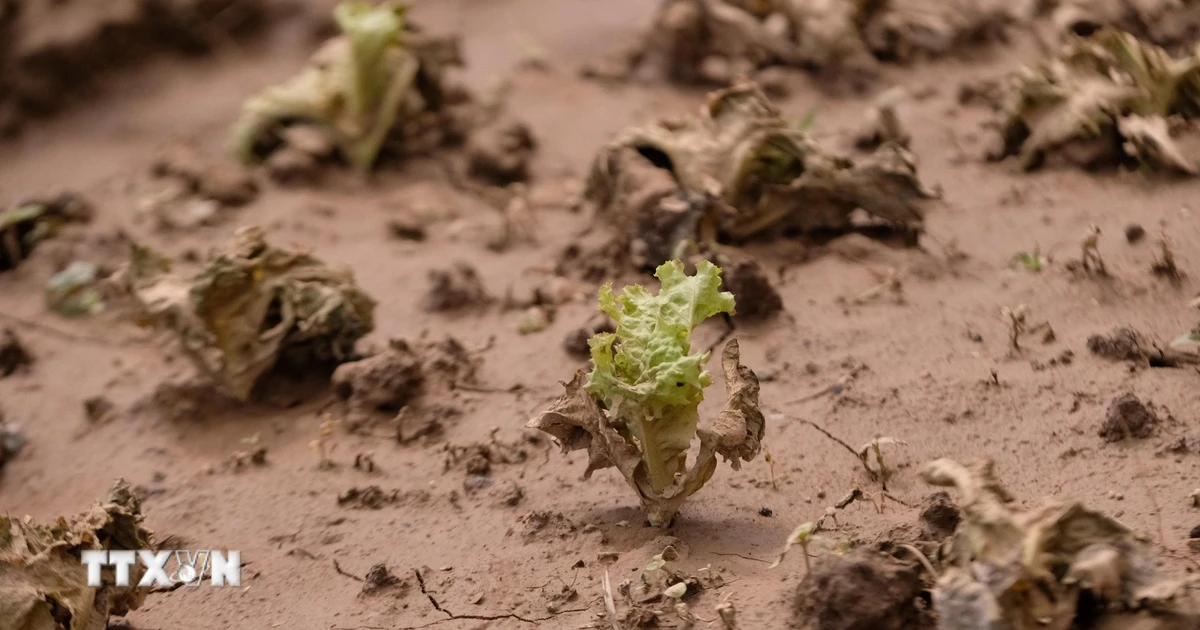The session, attended by provincial departments and agencies, reviewed the first nine months of socio-economic performance since the administrative reorganization of commune-level governments on July 1.
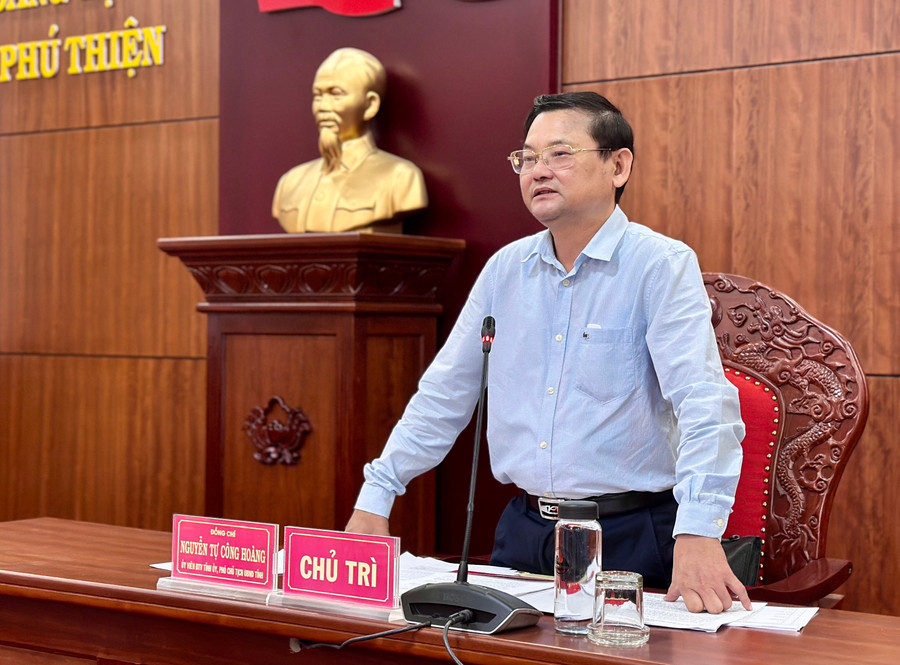
Strong results in budget revenue and public investment
Ia Rbol Commune reported total state budget revenue of VND 1.271 billion (US$49,400), 251.6% of the provincial target, and public investment disbursement of VND 3.404 billion (US$132,200), or over 98% of the plan. The commune has completed approval of its general planning tasks and is working with consulting units on the next steps.
In Ia Sao Commune, administrative restructuring has been implemented efficiently, with civil servants reassigned according to qualifications and experience. All administrative procedures are publicly posted at the One-Stop Shop, and general planning is under review.
Phu Thien Commune has recorded a 6.5% value-added growth rate and cultivated 18,305 hectares of land. National target programs have progressed steadily, and the commune is collecting feedback to finalize its general planning framework.
Meanwhile, Chu A Thai Commune reported budget revenue of VND 3.934 billion (US$152,600), 122% of the annual plan, and public investment disbursement of VND 5.535 billion (US$214,800), or 27.54% of the plan. The commune has 165 poor households (3.28%) and 283 near-poor households (5.62%).
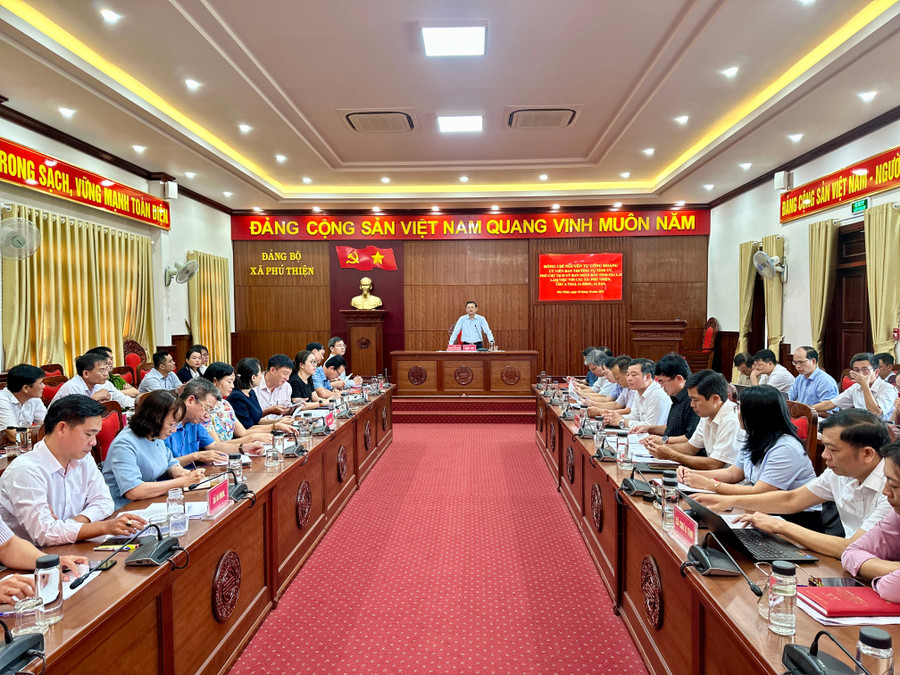
Local challenges and administrative obstacles
Local leaders cited major difficulties, including the lack of provincial funding for commune-level master plans, limited office space, and the absence of local land registration offices. Communes requested more technical guidance, funding, and equipment to complete the land data cleansing campaign in line with regulations.
Other issues include shortages of skilled staff in land management, construction planning, and accounting; software synchronization errors in the Civil Status Registration and Management System; and challenges in digital payment adoption, as many residents lack bank accounts or smartphones.
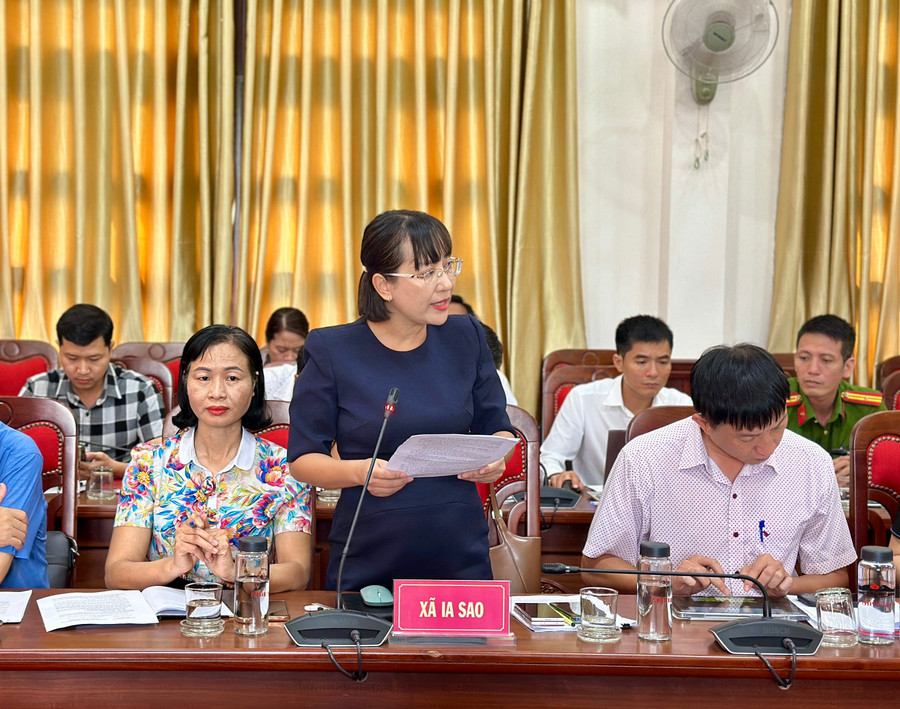
Vice Chairman calls for unity and efficient implementation
Vice Chairman Nguyen Tu Cong Hoang praised local efforts under the new two-tier government model but acknowledged persistent constraints, including limited staffing, slow funding allocation, and low disbursement rates.
He urged communes to enhance leadership unity, assign clear responsibilities, and prioritize results over working hours. Difficulties should be promptly reported with proactive proposals. He also stressed the importance of close Party leadership, field visits, and timely responses to citizens’ needs.
“Planning must be recognized as the first and foremost task, aligned with Party resolutions to ensure quality and regional coherence,” Hoang said. “Infrastructure development should be carefully planned to attract investment, and funding should combine provincial support with local resources.”
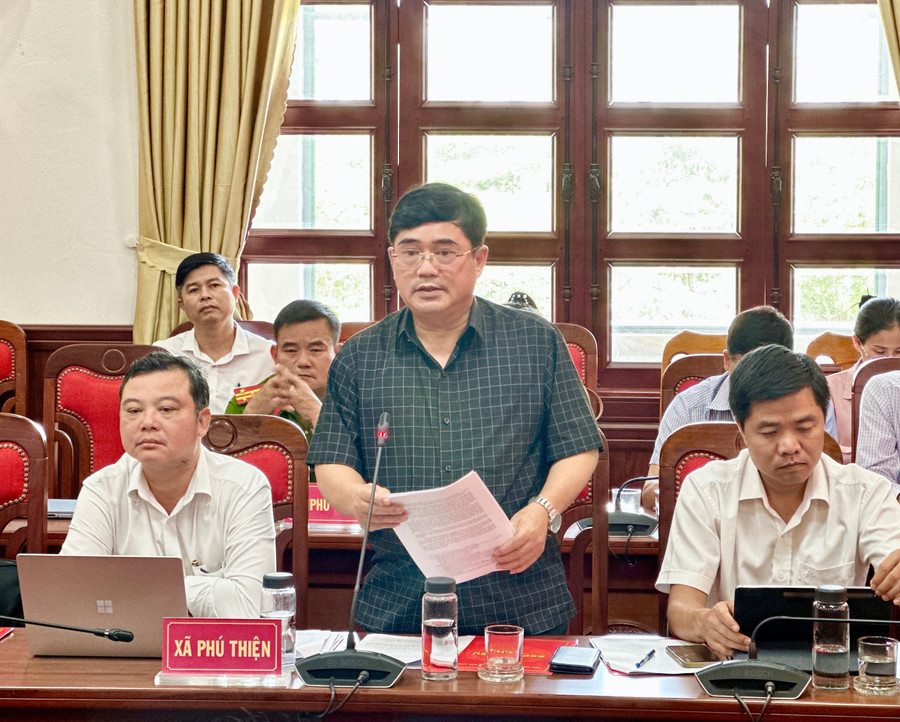
He directed communes to swiftly prepare the 2026 public investment plan and the 2026–2030 medium-term plan, accelerate disbursement, and reallocate capital from underperforming projects.
Hoang also highlighted the need to focus on poverty reduction in communes with high ethnic minority populations, identifying root causes and applying targeted, practical solutions to achieve sustainable outcomes that maintain social and political stability.

